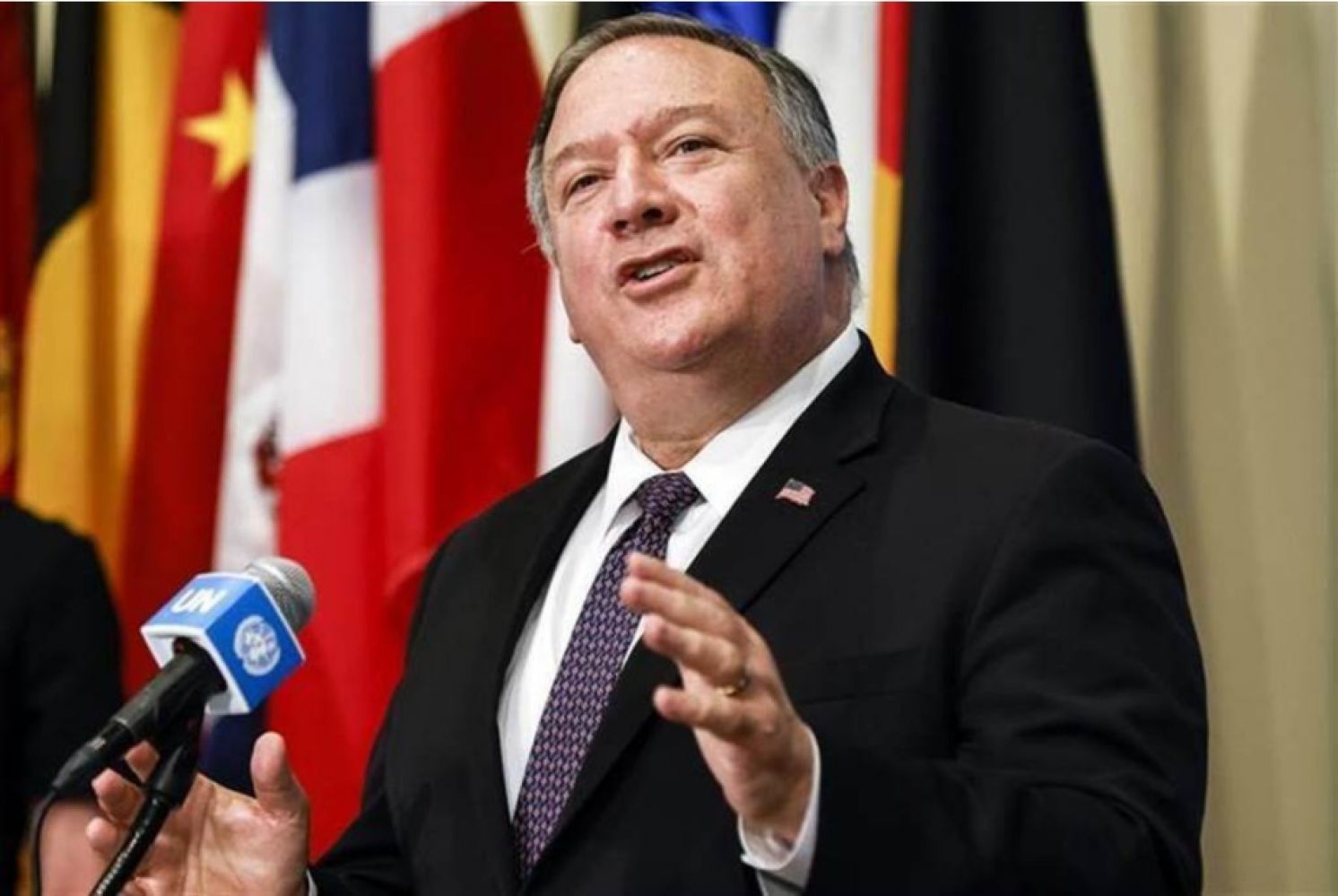
Beware of the Political Impact of Pompeo Visit to Taiwan
By Chen I-hsin
China Times, February 22, 2022
Former Secretary of State Mike Pompeo of the United States will visit Taiwan on March 2 and meet with President Tsai Ing-wen, Premier Su Tseng-chang, Speaker You Si-kun of the Legislative Yuan, and Minister of Foreign Affairs Joseph Wu. The Democratic Progressive Party (DPP) administration decided to host Mr. Pompeo with super high standards this time around, thinking it is a lucrative political investment. But is this the case?
Mr. Pompeo is indeed the key figure of the Trump administration's policy of "anti-China. and defending Taiwan". First, he is the first secretary of state in history to advocate using the tools in the toolbox to help Taiwan stabilize its diplomatic ties. During his tenure, he successfully stabilized the diplomatic relations between the Marshall Islands and Taiwan.
Second, he is also the first secretary of state in American history to state that "Taiwan is not part of China." If former President Donald Trump is the first advocate to challenge the U.S. “One China” policy, then Mr. Pompeo is a practitioner of changing or hollowing out the "one China policy". His statement of "Taiwan is not a part of China", not only made Beijing stamp with rage but also became one of the bases for President Tsai’s "New Two-State Theory" (i.e. the Republic of China and the People's Republic of China are not subordinate to each other) in the 2021 National Day address on October 10.
Third, before he leaves office in January 2021, Mr. Pompeo has loosened the guidelines for the exchanges between U.S. and Taiwan officials and approved officials from both sides to communicate and consult directly through appropriate arrangements. This breaking-ground move has enabled American and Taiwanese officials to conduct dialogue and exchanges in different countries.
However, despite Mr. Trump and Mr. Pompeo’s holding high the banner of anti-China, there are limits. At a time when the anti-China voices are loud, the United States and China have held many trade talks, showing that both sides understand that it is impossible for the two countries to completely decouple their economic and trade relations.
The strong anti-China atmosphere has not severed U.S. relations with China. Even though Mr. Pompeo ordered the closure of the Chinese consulate general in Houston, and China closed the U.S. consulate general in Chengdu in retaliation, it is clear that neither country intends to let the diplomatic conflict escalate.
At the end of the Trump administration, there were rumors in Washington and Taipei diplomatic circles that Mr. Pompeo was interested in visiting Taiwan. Very wisely, he did not choose to visit Taiwan immediately, but sent the U.S. ambassador to the United Nations, Kelly Craft, to visit Taiwan. However, after Beijing warned the United States through national security, diplomatic and military channels not to let Craft visit Taiwan, or the PLA Air Force would fly over Taipei. Mr. Pompeo decided to recall Craft, who had already boarded the plane, called off the trip, and returned to New York.
The motive of the Tsai administration to invite Mr. Pompeo to visit this time, of course, has multiple political purposes. First, the DPP is bullish on his political prospects, believing that he will not miss the 2024 U.S. presidential election. However, Mr. Trump is actively running his new social media platform, showing that he has not lost sight of the 2024 U.S. election. And former Vice President Pence is like a duck on water, also looks to the White House throne in 2024. The two along with other would-be candidates will make Mr. Pompeo's chance of qualifying in the Republican presidential primary extremely slim.
Second, another dignitary who accompanied Mr. Pompeo to visit this time is Miles Yu. He served as the chief adviser on China policy and planning to the Secretary of State during the Trump administration and was regarded by Mr. Pompeo as a great teacher. The anti-China policy and related measures of the Trump administration were mostly mapped out by Yu, so Beijing hated him to the core.
Third, the motive of the Tsai administration’s invitation of these two anti-China figures is not simple. It hopes to boost morale with this invitation after successive diplomatic setbacks and to have an "anti-China" adrenaline shot into the election campaigns at the end of the year, and to remind the Biden administration that besides the Democratic Party, there are also Republicans who can help Taiwan.
However, this act is double-edged. If it is not handled properly, it will not only stir up the sensitive nerves between the two sides of the Taiwan Strait but also make the Biden administration unhappy and trigger an immediate diplomatic crisis between Washington and Taipei. The senior national security officials must steer a cautious course.
The author is a professor of the College of International Affairs, Tamkang University.
From: https://www.chinatimes.com/opinion/20220222004173-262104